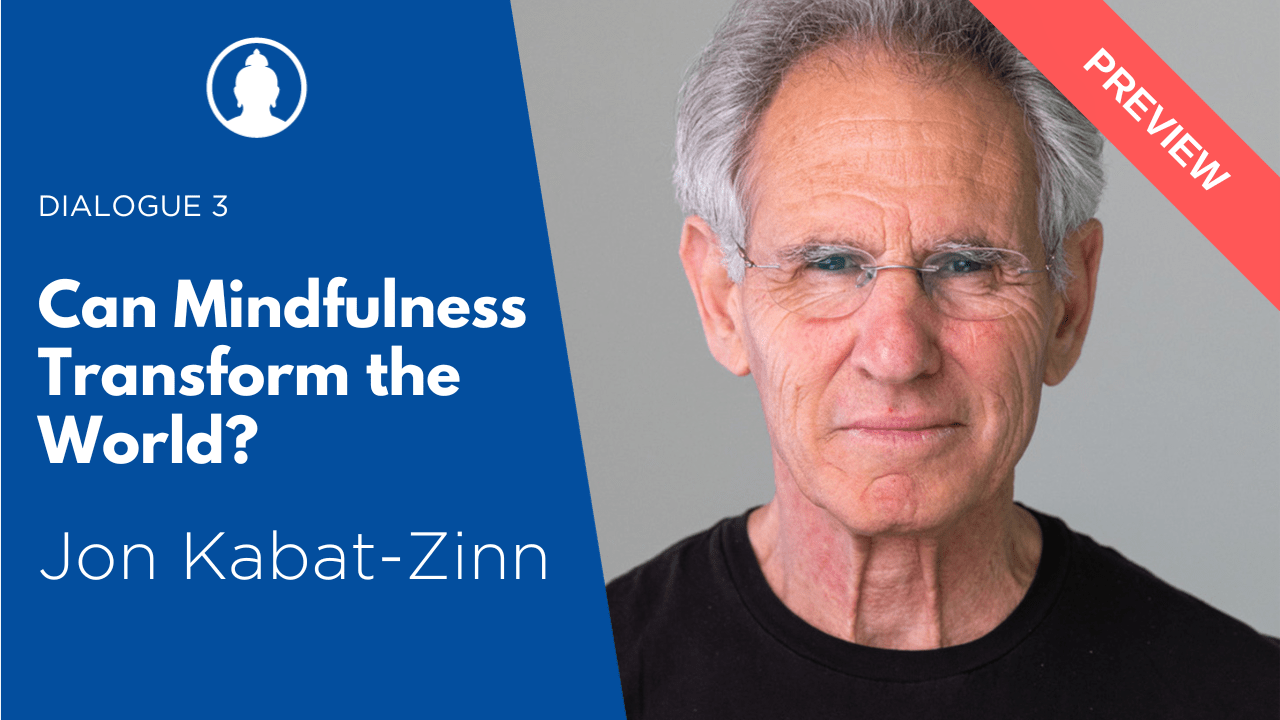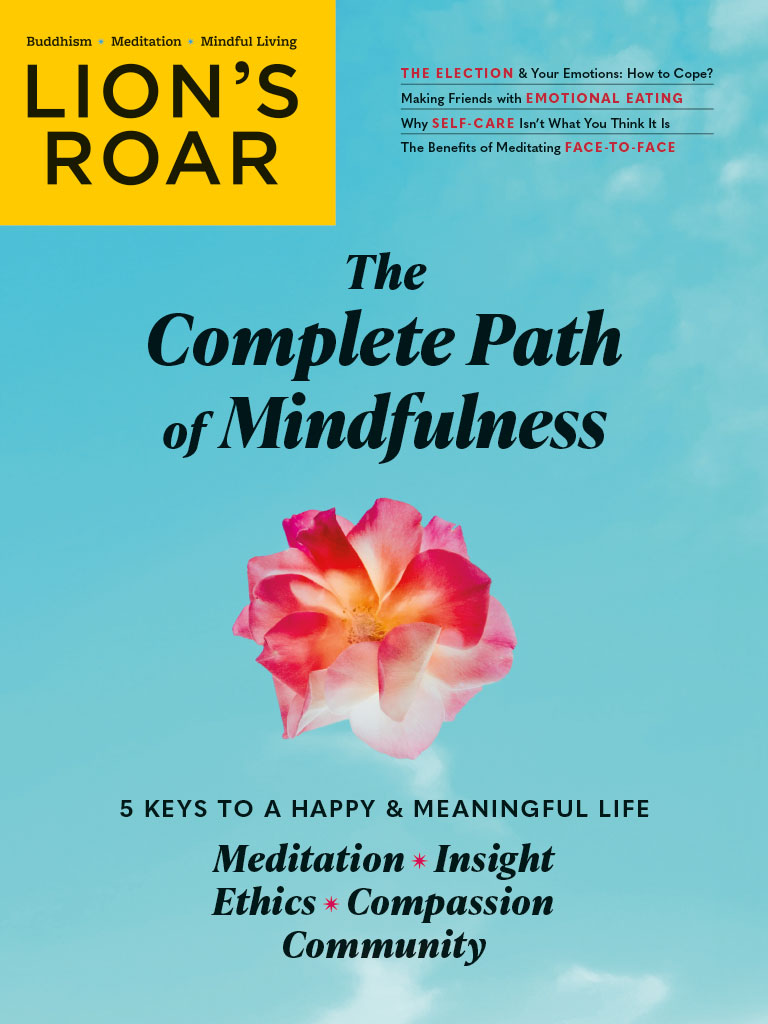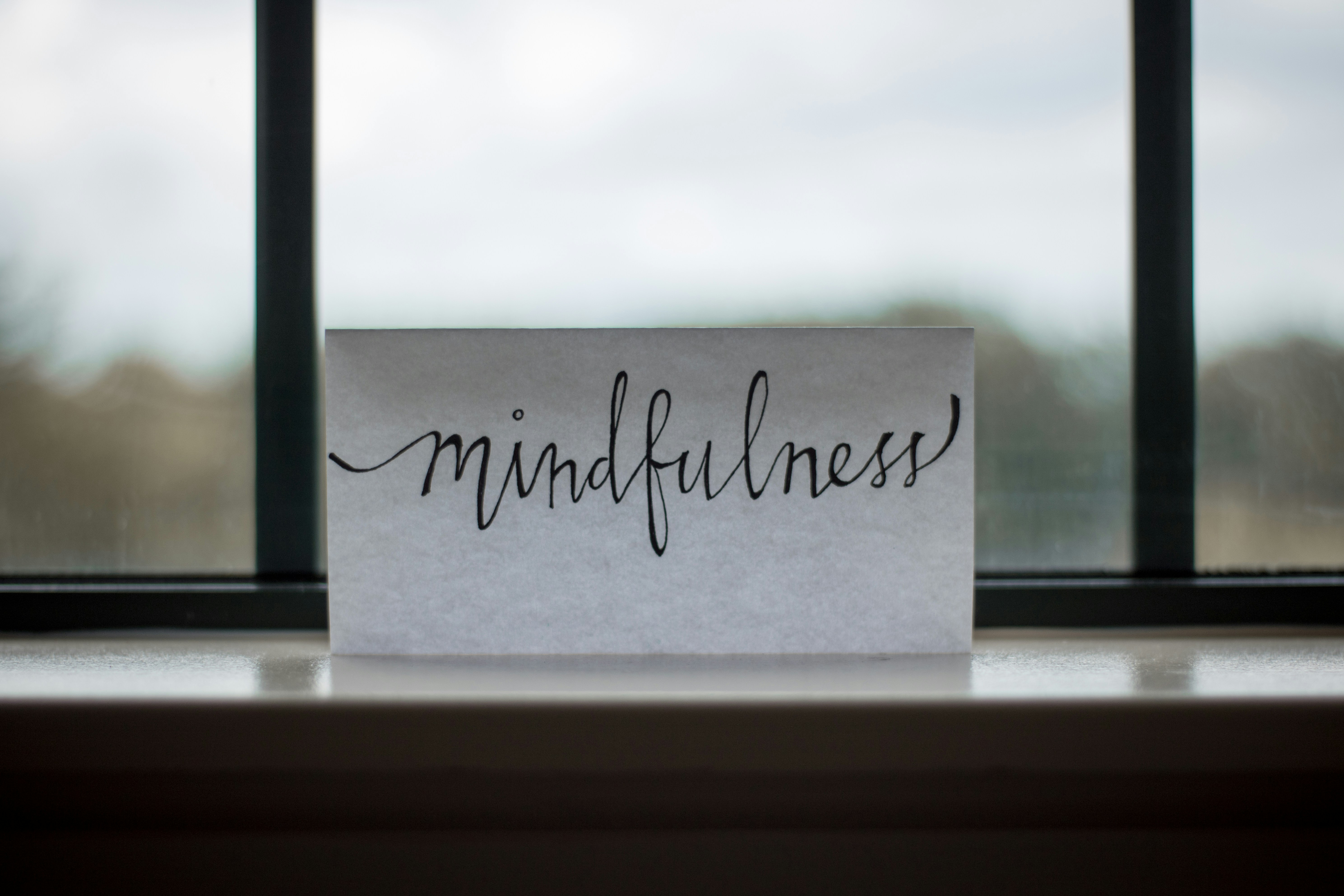Can you envision a world transformed by mindfulness? What if the power of simple awareness and compassion could not only change your life but also ripple outward, fostering a more connected and empathetic global community? These are some of the profound questions explored in an enlightening conversation between Jon Kabat-Zinn and Lion’s Roar editor-in-chief Melvin McLeod.
Understanding Mindfulness with Jon Kabat-Zinn
Jon Kabat-Zinn, a pioneer in the modern mindfulness movement, has dedicated his life to introducing mindfulness in medicine, healthcare, and society. As the creator of Mindfulness-Based Stress Reduction (MBSR), he has deeply impacted how we approach stress, pain, and illness. But beyond individual change, Kabat-Zinn believes that mindfulness can fundamentally transform our interaction with the world.
The Essence of Mindfulness
Mindfulness, at its core, involves paying attention in a particular way: on purpose, in the present moment, and non-judgmentally. It’s about being fully engaged with whatever we’re doing. Kabat-Zinn emphasizes that this quality of attention can be cultivated through various practices, such as meditation or mindful living, to foster a deeper connection with ourselves and our environment.
Compassion as a Transformative Force
Kabat-Zinn argues that mindfulness paired with compassion holds transformative power. Compassion goes beyond simple empathy; it’s an active desire to alleviate the suffering of others. When mindfulness sharpens our awareness, it simultaneously heightens our sensitivity to the pain and joy around us, compelling us to act with kindness and understanding.
The Dual Nature of Transformation: Individual and Collective
In the dialogue, Kabat-Zinn sheds light on how mindfulness practice starts as a personal journey but extends to broader societal impact. Let’s break down these layers:
Personal Transformation
At the personal level, practicing mindfulness can lead to significant changes in mental, emotional, and physical health. Many people report:
- Reduced Stress: By anchoring oneself in the present moment, mindfulness helps individuals manage stress more effectively.
- Improved Emotional Regulation: Practicing mindfulness provides tools to observe and detach from negative thoughts and emotions, fostering emotional stability.
- Enhanced Physical Health: Regular mindfulness practice is associated with numerous health benefits, such as lowered blood pressure, improved sleep, and reduced chronic pain.
Societal Transformation
When individuals become more mindful and compassionate, their actions begin to influence their interactions and communities. Small acts of kindness and understanding accumulate, creating a progressively more empathetic world. Kabat-Zinn asserts that as more people engage in mindfulness, a cultural shift occurs, leading to:
- Improved Relationships: Mindful individuals are better listeners and communicators, which enhances personal and professional relationships.
- Increased Social Engagement: Compassion-driven mindfulness encourages contributions to social issues, volunteerism, and ethical decision-making in various sectors.
- Greater Inclusivity: By transcending dualistic thinking, mindfulness fosters a non-judgmental approach to diversity and inclusion.

Techniques to Cultivate Mindfulness
Kabat-Zinn’s teachings include various strategies to cultivate mindfulness in daily life. Here are some practical techniques:
Meditation Practices
There are several types of meditation that can help develop mindfulness:
| Meditation Type | Description |
|---|---|
| Breath Awareness | Focus on the breath as a way to anchor attention and cultivate present-moment awareness. |
| Body Scan | Gradually move your attention through different parts of the body, noticing any sensations. |
| Loving-Kindness | Cultivate compassion by silently repeating phrases of goodwill for oneself and others. |
| Walking Meditation | Mindfully walk, paying attention to the sensations in your feet and legs. |
Informal Mindfulness Practices
Mindfulness does not have to be confined to formal meditation sessions; it can be integrated into daily activities:
- Mindful Eating: Savor each bite of your meal, noticing the flavors, textures, and sensations in the body.
- Mindful Communication: Listen fully when others speak without planning your response. Pay attention to your reactions.
- Mindful Movement: Engage in activities like yoga or tai chi, focusing on the movements and sensations in the body.
Barriers to Mindfulness and How to Overcome Them
Just as important as learning mindfulness techniques is understanding the common barriers that might hinder your practice. Kabat-Zinn identifies several obstacles and ways to address them:
Common Barriers
| Barrier | Description |
|---|---|
| Distraction | The tendency of the mind to wander. |
| Judgment | Being critical of oneself for wandering or not practicing “correctly.” |
| Time Constraints | Feeling too busy to fit mindfulness practices into daily life. |
| Doubt | Questioning the efficacy of mindfulness or one’s ability to practice it. |
Overcoming Barriers
Kabat-Zinn suggests practical solutions to these barriers:
| Barrier | Solution |
|---|---|
| Distraction | Gently return focus to the present moment whenever you notice distraction. |
| Judgment | Recognize judgmental thoughts without buying into them; treat them as fleeting mental events. |
| Time Constraints | Start with brief mindfulness sessions, even a few minutes can make a difference. |
| Doubt | Practice regularly and observe the effects on your mental and emotional well-being over time. |

Real-world Applications of Mindfulness
Mindfulness isn’t confined to personal development; it has real-world applicability across various domains. Kabat-Zinn highlights several areas where mindfulness can make a significant impact:
Healthcare
In healthcare, mindfulness is incorporated into programs for stress reduction, chronic pain management, and mental health treatment. Kabat-Zinn’s MBSR program, for instance, has shown to improve patient outcomes by reducing symptoms of anxiety, depression, and pain.
Education
Educators are increasingly integrating mindfulness into classrooms to help students manage stress and enhance focus. Mindfulness practices can improve both academic performance and emotional resilience, creating a more conducive learning environment.
Corporate Settings
In the corporate world, mindfulness programs are being employed to enhance employee well-being and productivity. Mindfulness can lead to reduced burnout, improved job satisfaction, and better teamwork.
Criminal Justice
Mindfulness is being introduced in prisons to help inmates manage stress, reduce aggression, and develop emotional regulation skills. These programs aim to reduce recidivism and support rehabilitation.
The Global Impact of Mindfulness
As more individuals and institutions adopt mindfulness, its potential for global impact becomes evident. Kabat-Zinn envisions a world where mindfulness and compassion are embedded in the fabric of society, leading to:
- Peaceful Communities: Mindfulness can contribute to conflict resolution and peace-building efforts, nurturing understanding and empathy in areas plagued by conflict.
- Environmental Consciousness: A mindful approach fosters a deeper connection with nature, encouraging sustainable living and environmental stewardship.
- Economic Equity: Compassion-driven mindfulness promotes ethical business practices and can inspire efforts to address economic disparities.
Embracing Mindfulness in Your Life
The path to mindfulness starts with small, deliberate steps. Reflect on your daily routine and identify moments where you can practice mindfulness. Engage in one of the suggested techniques and observe how it affects your awareness and interactions. Remember, the objective isn’t perfection but gradual, compassionate improvement.
Starting with Self-Compassion
Begin by being kind to yourself. Understand that learning mindfulness is a journey with ups and downs. Approach it with a gentle curiosity and a willingness to learn from each experience, without self-criticism.
Building a Mindfulness Community
Consider joining a mindfulness group or community. Sharing your journey with others can provide support, enhance motivation, and create a communal space for growth. Engaging in mindful dialogue and shared practices amplifies the benefits you experience individually.
Commitment to Practice
Make a commitment to incorporate mindfulness practices into your routine. Whether it’s through formal meditation sessions or informal practices, consistency is key. Even brief moments of mindfulness can accumulate, leading to lasting changes in how you perceive and interact with the world.
Looking Forward: The Future of Mindfulness
Jon Kabat-Zinn remains optimistic about the future of mindfulness and its potential to effect change on a global scale. With ongoing research and increasing interest in mindfulness across various sectors, there’s a growing body of evidence supporting its benefits.
Research and Development
Continued research into the effects of mindfulness on mental health, physical well-being, and social behaviors is crucial. As scientific understanding deepens, mindfulness practices can be refined and adapted to meet diverse needs.
Integration into Policies
Advocating for the integration of mindfulness into public policies can amplify its impact. Supporting initiatives that bring mindfulness into schools, healthcare, and community programs can help create a more mindful and compassionate society.
Global Networks
Building global networks of mindfulness practitioners and advocates can facilitate the sharing of best practices and resources. Collaborative efforts can help extend the reach of mindfulness, making it accessible to more people worldwide.
Conclusion
From personal transformation to global impact, the practice of mindfulness, as espoused by Jon Kabat-Zinn, holds the potential to reshape our world. By cultivating awareness and compassion in our own lives, we can contribute to a more empathetic and connected global community.
Consider making mindfulness a part of your daily life. Observe its effects not only on your well-being but also on your interactions with others. Embrace the journey towards a more mindful and compassionate world, one step at a time.
Can mindfulness transform the world? The answer lies in each mindful moment you choose to live, creating ripples of change that extend beyond the self, touching every corner of the world.





